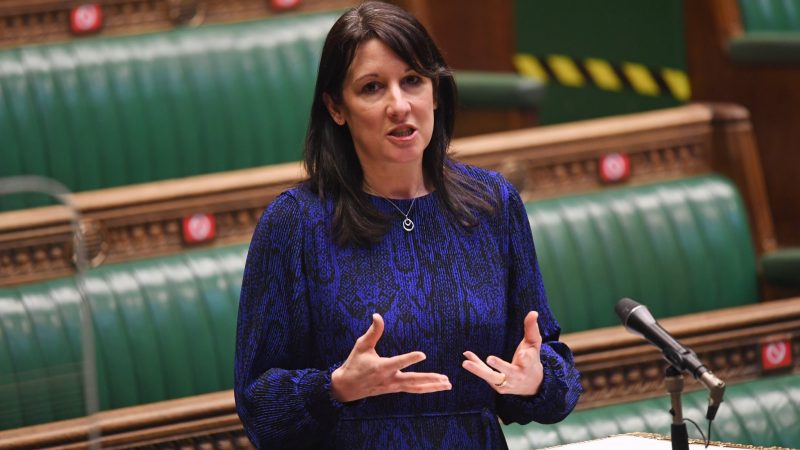
The recently published Renaissance report offers some inconvenient truths for our movement, none more so than the realisation that many former voters don’t yet fully trust the Labour Party to oversee a stable economy.
The harsh truth is that, for a decade, it has been too easy for opponents to cast Labour as an anti-business, tax-and-spend party of big government, bureaucracy, waste and public sector fat cats. Regardless of how the reaction to this week’s Budget plays out for Rishi Sunak, Labour will struggle to make gains unless it gets its own house in order. We need to change that narrative with a clear list of economic priorities and a consistent message at both the local and national level.
First, we need to be reflective, reasonable and honest in response to people’s justifiable reservations about previous Labour economics. Whilst Labour under Tony Blair and Gordon Brown delivered many wonderful things for working people, the unfortunate reality is that we lost the argument long ago about whether or not we spent too much – whether we agree with that public perception or not. We also could have done more to transform public services into efficient systems that benefit working people, when there was a lot of reorganising and pushing debt down the road. At the same time, we failed to tackle fat cat pay or close tax loopholes for multinational businesses.
All of this means that, for Labour, trust needs to be re-earned. Rachel Reeves’ promise to spend wisely and tax fairly comes with an implicit recognition that we are learning from the mistakes of the past. The explicit message is that taking care of how public money is spent is the most important thing, and that Labour in government will only tax as much as we absolutely need to spend. This is the right message: it is economic competence and, importantly if we want to win back people’s trust, it sounds like economic competence.
Second, Labour must hold the Tories to account on their promise to level up for people in areas like mine. A generation ago, a young person here in our northern manufacturing towns had a legitimate expectation that they could train and work in a skilled and well-paid job. Nowadays, too many must either get up and get out to the glitzy cities like Leeds or Manchester or take a job in a warehouse distribution or logistics centre.
Yet, in spite of the loss of industries and jobs, our towns retain their civic pride, artisan skill and innovation. They live on in the business community, through our trade unions, cooperative and community organisations, and in the ever-increasing diversity of our communities today. With elected regional Labour mayors now in place across most of England, this is a time for us to challenge the Tories to deliver the investment promised when we left the EU, so that we can harness the unique heritage of each of our towns, cities and regions.
Lastly, we need to show that Labour is spending wisely and within our means right now, in the places where we are in power. How many Labour-held councils can really say that they have a handle on escalating pay amongst chief executives and other senior officers? How many Labour-held councils are focusing on value for money, by taking small steps to improve the environment, ensure safety and upgrade vital community assets such as parks, roads and high streets? And how many councils are ensuring that they recruit and train staff from the local area or give local organisations the chance to deliver local services?
The answer to all of these questions is not nearly enough. Less than a third of people feel like they have control over the important decisions that affect their neighbourhoods and communities. Labour can help our councils be careful with their money by setting up right now the ‘Office for Value for Money‘ that the party has said will be in our next manifesto. Made up of advisers from business organisations and trade unions, this team could work together with local Labour administrations to show we can do more with less, and not get carried away with the ‘moonshot’ projects being dangled in front of local officials by Boris Johnson and Rishi Sunak.
Own our mistakes, talk about the things that will enable people to take pride in their work and ensure we spend wisely on projects that increase resilience in local communities. That’s the clear message from voters, and that’s the clear message from the Renaissance research. Rachel Reeves is listening and responding, and it’s up to all of us now to follow her lead and help Labour retake its rightful place as the party of economic competence.




More from LabourList
‘Tackling poverty should be the legacy of Keir Starmer’s government’
‘The High Court judgment brings more uncertainty for the trans community’
‘There are good and bad businesses. Labour needs to be able to explain the difference’